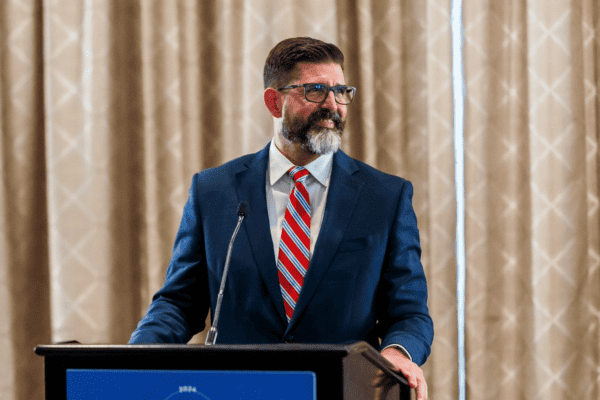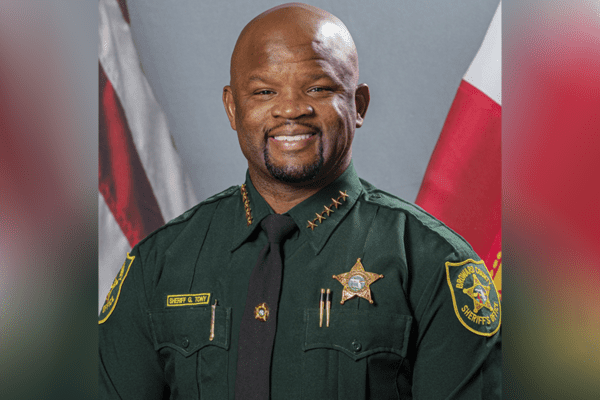Bill allows healthcare providers to opt-out of services based on conscience objection

Lydia Nusbaum contributed to this report.
TALLAHASSEE, Fla. (FLV) – The Florida House passed a bill 84-34 that said it would allow health care providers to opt-out of providing a health care service on the basis of a conscience-based objection.
It will now move to Gov. Ron DeSantis’ desk.
The bill prohibits health care providers from being discriminated against or suffering adverse action for declining to participate in a health care service based on a conscience-based objection, according to the bill analysis.
Rep. Joel Rudman, R-Navarre, said Monday the bill protects First Amendment rights.
“It simply reaffirms, codifies and protects the two most important First Amendment rights in health care, the right to practice your conscience and the right for physicians to exercise their freedom of speech,” Rudman said.
Rudman has practiced medicine for 25 years, where he said the employers tell doctors what to think.
“Do we want doctors that are nothing more than shills for Big Pharma, taking orders from chief financial officers of large hospital corporations […] without even giving the first regard to a patient’s actual wellbeing?” Rudman asked on the floor.
The bill analysis states that it is the intent of the legislature to provide the right of medical conscience for health care providers and payors to ensure they can care for patients in a manner consistent with their moral, ethical and religious convictions.
The bill said if a patient or potential patient attempts to schedule an appointment with a provider and they indicate to the provider that he or she is seeking a specific health care service for which the provider has a conscience-based objection, the provider must notify the patient that they do not provide such service before scheduling the appointment.
Democrats argued that the bill is “unnecessary,” claiming doctors can already refuse service.
“This bill is incredibly vague. This bill would allow an ambulance driver to refuse service to you, me, to any of us for any reason and there would be absolutely no accountability,” Rep. Jennifer “Rita” Harris, D-Orlando, said.
A health care provider who is a student must provide written notice of his or her conscience-based objection to the educational institution.
The bill will go into effect July 1.



